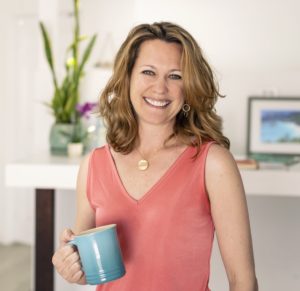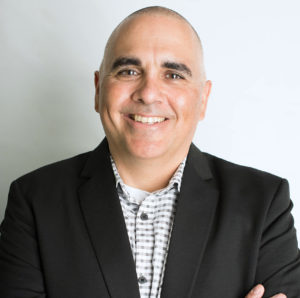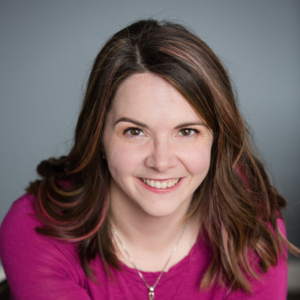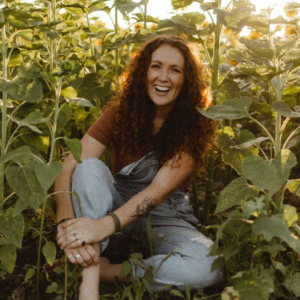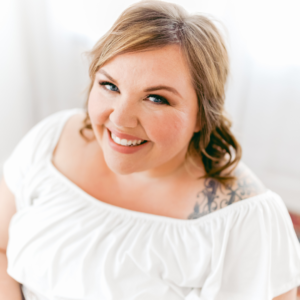I’m so excited to have Lauren McManus on the show this week to share her side of the story of how she and her business partner Alex Nerney built their multi-million dollar blogging empire, which they talk about on their website Create and Go.
If you haven’t listened to my interview with Alex back in Episode 227, after you listen to this one with Lauren go check Alex’s episode out because it’s one of the most downloaded episodes of this show (and I’m sure this one will be just as downloaded!)
Lauren basically travels the world because she and Alex can run the business from anywhere, so I think she was in the Czech Republic when we talked right before COVID really kicked up – so our connection was a little spotty at times, but I’m sure you won’t care because she’s got such good information for you today!
Between what Lauren’s gonna share with you today and what Alex shared nearly 80 episodes ago, you’ll never consider quitting on yourself again! And be sure to listen til the end to find out how you can get your hands on their Blogging Bootcamp for Beginners.
Lauren and I talk about:
- Why Lauren and her partner Alex quit their corporate jobs and started a blog.
- The different ways Lauren and Alex tried to monetize, and what finally led to their big income payout and continued success.
- How trying to be perfect is holding you back.
- How Lauren overcomes her fear of putting herself out there.
- What led up to Lauren’s first hire on her team.
- Advice if you are struggling to get traction in your side hustle.
- The belief Lauren had to change about herself to get where she is today.
My favorite quotes from Lauren:
- “I think the biggest hurdle is honestly just getting started, whether it's starting your first business, whether it's creating your first product, whether you're creating your first YouTube video or podcast”
- “It's important to keep moving and just to keep trying stuff out, if something doesn't work, then scrap it and try again.”
- “Keep taking action. If you keep moving forward, at some point, you're going to get there and you're going to get there quicker.”
Bio:
Lauren is a former CPA turned blogger, and she and her business partner, Alex Nerney, started their first blog in the health and wellness space. After earning six figures with that blog in their first year, they started Create and Go, where they teach others how to start and monetize their own blogs. She now runs this blog full-time while traveling the world as a digital nomad.

